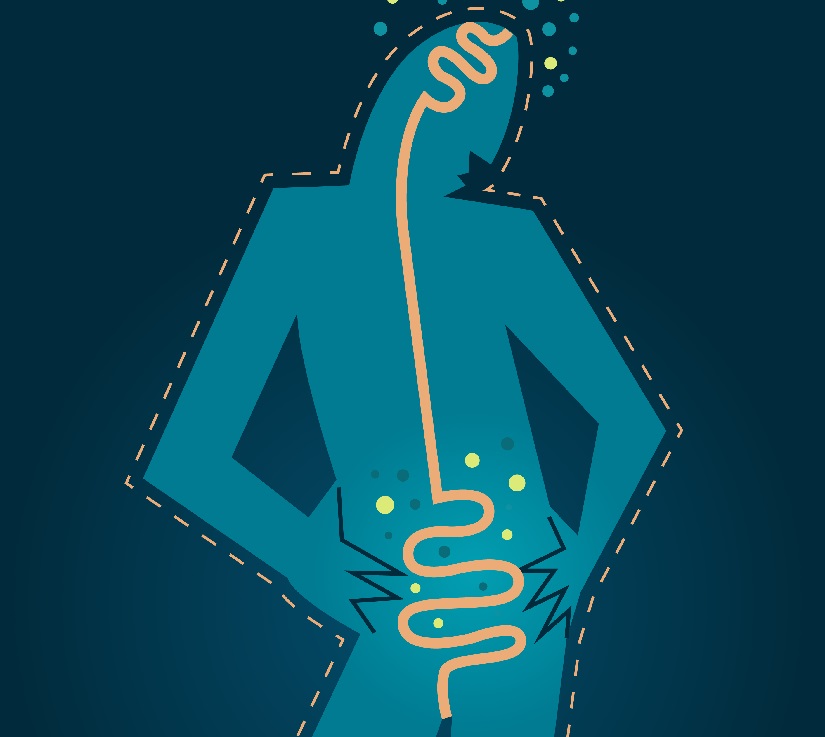Our Gut-Brain Connection Revealed by “Organs-on-a-Chip” System!

Slow progress in the fight against neurodegenerative diseases (NDs) motivates an urgent need for highly controlled in vitro systems to investigate organ-organ– and organ-immune–specific interactions relevant for disease pathophysiology. Of particular interest is the gut/microbiome-liver-brain axis for parsing out how genetic and environmental factors contribute to NDs.
MIT researchers shed light on how bacteria in the human digestive system can affect neurological diseases on a chip system that replicates the interactions between the brain, liver, and colon.
The study, published in the journal Science Advances, showed that short-chain fatty acids produced by gut bacteria can exacerbate certain brain pathologies such as neuron death due to Parkinson's disease, as well as benefits for human health.
Designing systems that mimic human organs on a chip can provide a better understanding of these interactions, which are difficult to model in experimental animals with characteristics different from human physiology, such as mice.
Reference : Trapecar M, et al. Human physiomimetic model integrating microphysiological systems of the gut, liver, and brain for studies of neurodegenerative diseases. Science Advances, 2021. http://doi.org/10.1126/sciadv.abd1707
